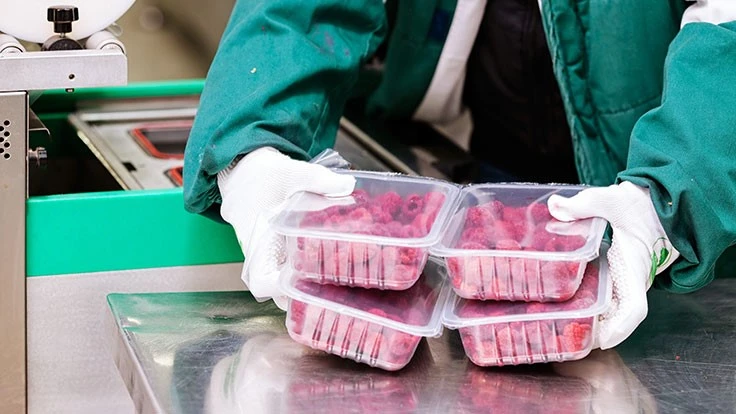
The study “Life Cycle Impacts of Plastic Packaging Compared to Substitutes in the United States and Canada: Theoretical Substitution Analysis,” prepared by Franklin Associates for the American Chemistry Council (ACC), finds that replacing plastic packaging with alternative materials would cause increases in energy use, water consumption and solid waste, as well as increase greenhouse gas emissions (GHG), acidification, eutrophication and ozone depletion.
“This report builds upon established data on the energy and GHG benefits of plastics, compared to alternatives,” says Steve Russell, vice president of plastics, ACC, Washington. “It expands our understanding of critical environmental benefits beyond energy and highlights key environmental indicators like water use and waste generation.”
The study expands upon a 2014 report that used life cycle assessment methodology to assess the energy consumption and GHG emission potential of six general categories of plastic packaging produced and sold in the U.S. and Canada relative to alternative packaging.
Looking at U.S. data alone, when compared with alternatives, production, use and disposal of plastic packaging across the six studied areas per year saves:
- enough energy to fuel 18 million passenger vehicles;
- enough water to fill 461,000 Olympic swimming pools;
- waste equivalent to the weight of 290,000 Boeing 747 airplanes; and
- the acidification potential of 292,000 railcars of coal.
“The findings challenge common misperceptions around plastics and underscore that plastic is a versatile efficient material that is helping to solve some of our greatest environmental challenges,” Russell says. “However, we can’t realize its full benefits if we don’t work toward better end-of-life solutions.”
ACC and North American resin producers have established a goal that 100 percent of plastic packaging will be reused, recycled or recovered by 2040. The ACC says meeting this goal and eliminating plastic waste in our ocean will further improve the environmental performance of plastic packaging.
Russell says, “We all want a world without plastic pollution, but we wouldn’t want a world without plastic.”
Latest from Recycling Today
- ReMA opposes European efforts seeking export restrictions for recyclables
- Fresh Perspective: Raj Bagaria
- Saica announces plans for second US site
- Update: Novelis produces first aluminum coil made fully from recycled end-of-life automotive scrap
- Aimplas doubles online course offerings
- Radius to be acquired by Toyota subsidiary
- Algoma EAF to start in April
- Erema sees strong demand for high-volume PET systems





